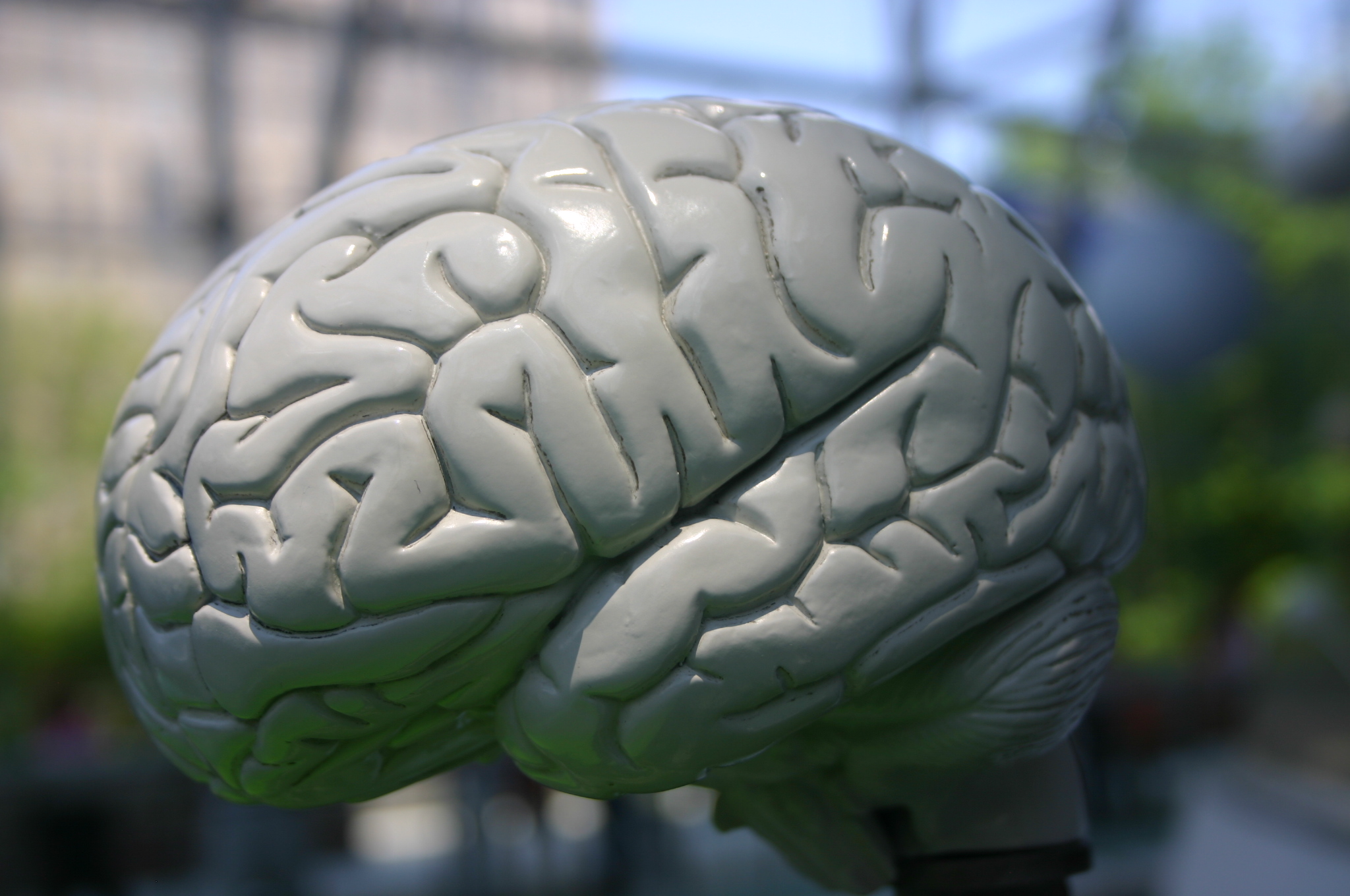
THURSDAY, Oct. 2, 2014 (HealthDay News) — The size of the cerebellum in the brains of apes and humans grew six times faster during evolution than previously believed, researchers report.
The findings suggest that technical intelligence was at least as important as social intelligence in the development of human thinking and reasoning abilities, according to the authors of the study published Oct. 2 in the journal Current Biology.
“Our results highlight a previously unappreciated role of the cerebellum in ape and human brain evolution that has the potential to refocus researchers’ thinking about how and why the brains in these species have become distinct and to shift attention away from an almost exclusive focus on the neocortex as the seat of our humanity,” Robert Barton, of Durham University in England, said in a journal news release.
While previously regarded mainly as being involved in movement control, the cerebellum now is thought responsible for a wider range of functions. These include behaviors such as making and using tools, and perhaps aiding language development, according to the study authors.
They said that while much more research needs to be done, the new findings point to the cerebellum as a “new frontier” in learning about higher levels of thinking in humans.
More information
Your Amazing Brain has more about brain evolution.
Copyright © 2024 HealthDay. All rights reserved.

